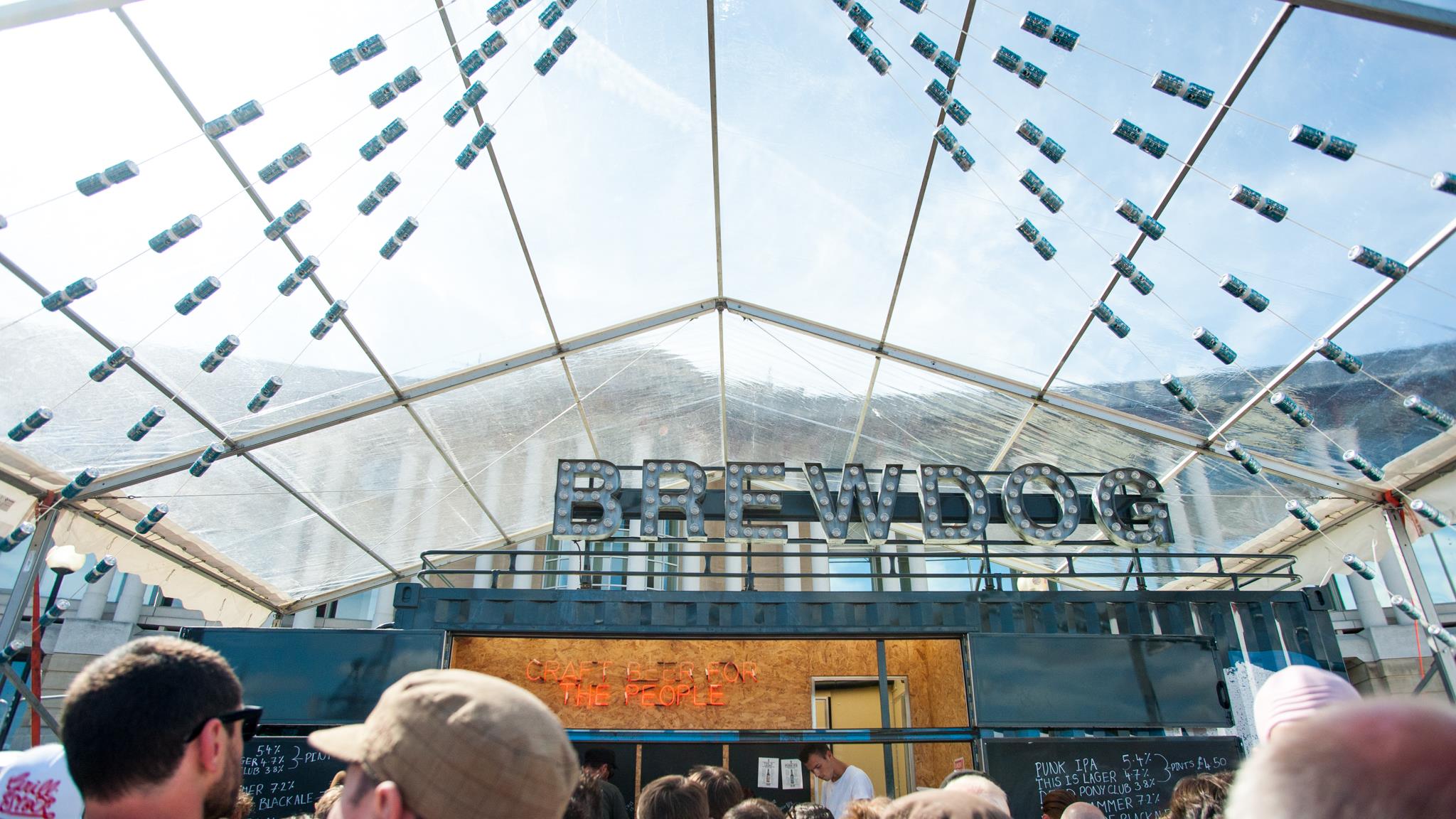Real talk with BrewDog founder, tough questions answered

Is BrewDog the real deal, or just a glammed up boondoggle from Scotland?
(614) asked founder James Watt to set the record straight.
614: There are some misgivings deep in the craft beer circles that BrewDog might be more committed to building a multinational brand than they are to craft beer. It’s genuine concern, not just jealous sniping. To be fair, not too many people have drawn any conclusions, but cautious optimism is giving way to some trepidation. What would you say to people who have doubts? Is this about the beer? Or the brand?
Watt: We’ve built a strong following through our Equity for Punks program, but the beer is the brand– the beer always comes first. Our facility is built to brew great beer. We have invested in the best equipment, and the best people. Our brewmaster, Tim Hawn, came from Dogfish Head. We have a great laboratory in Canal Winchester, and we plan to brew some pretty adventurous beers, including some sours. We hired Richard Kilcullen from Wicked Weed, who were brewing some of the best sours in the world (before being bought up by Inbev). We just started brewing, and getting our standard beers where they need to be. We’ve had a few issues, but we want to brew the best beer possible. Everything we’ve done is built around that. There’s more to come, but the beer is always first, and you’ll always see that.
614: That actually brings us back to your beer. Now that it’s fresh, I can say that it’s quite good, but as craft beers go, I, and many other grizzled craft beer veterans just don’t feel like it can displace craft beers that are already out there. Speaking honestly, the only beer in your portfolio that stands out in its category is probably Dead Pony Club. Should we see that as a indication that BrewDog is looking more at the “Entry Level” craft beer consumer? Are you more focused on chipping away a bigger chunk of the Macro Market than you are offsetting competitors in the craft genre?
Watt: We’re not out to displace other craft brewers. We certainly feel that the market can grow, but the beers we’re brewing right now are definitely what you’d call accessible. Jack Hammer is a bit more aggressive and should appeal to the sort you mentioned. Then, as we get settled, we’ll produce geekier offerings, with sours, barrel aging, and some of those high gravity beers. We’re just getting started.
Read more about how the BrewDog founder answers tough questions at (614).
BROUGHT TO YOU BY



